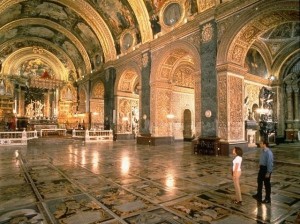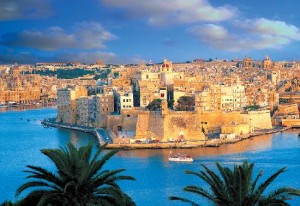Malta is a wonderful place to spend a vacation or live in for the rest of your lives. Like any country, Malta has a very rich history. This explains why its architecture is beautiful, scenic and clearly historic. Many tourists interested in monumental structures and architecture take interest in Malta because of its European-Mediterranean look.

Malta’s architecture derives from the use of soft globigerina limestone, which most of the island’s buildings are made out of. Of course, these structures make use of modern bricks, cement, foundation practices and other materials. The globigerina limestone does not yield to seasonal changes, which makes it a good and unique building material.
Experts trace the limestone’s history back to 3,000 BC during the Neolithic period. The limestone could be weathered to have the colour of natural sandstone and can be sculpted down to hairpin detail.
Malta’s architecture, aside from the stone, also derives from the Baroque period. Baroque utilized wide spaces and high ceilings common in most cathedrals and churches. Experts believe that Malta was under Roman rule during its reign and this is what led to the development of Baroque-style structures, to which the people of Malta lay an influence of the Mediterranean feel in architecture.
Malta has a long history of military strength starting from medieval knights to serving as a fortified base to defend against invaders. Italian military engineer Pietro Paolo Floriani strengthened the defences of the country and protected Malta from any invasion.

